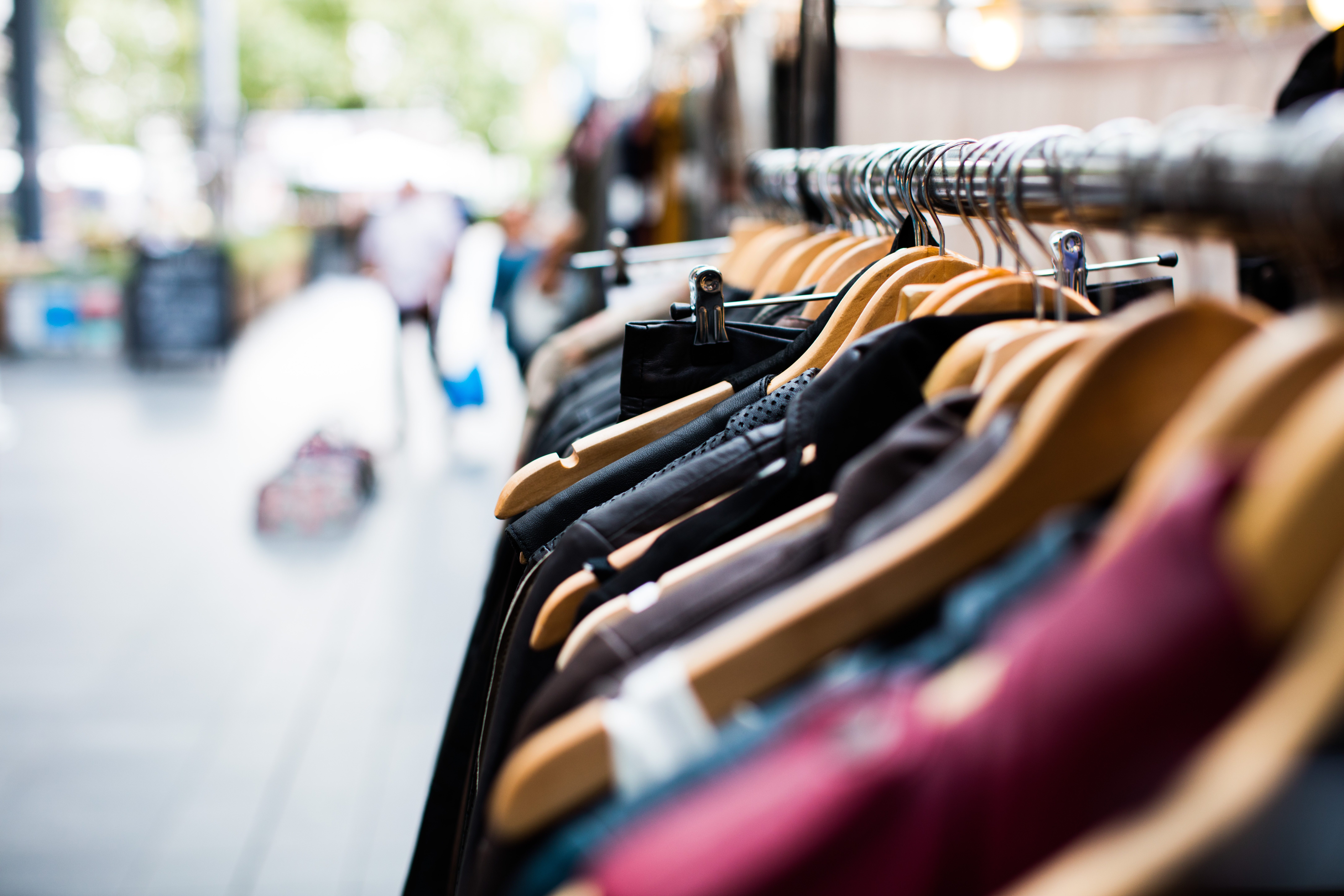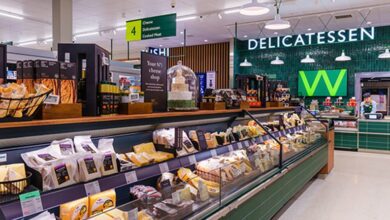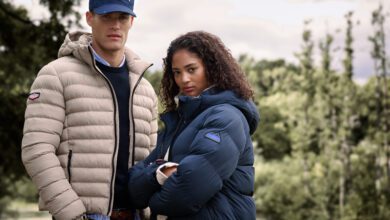UK retailers must find ways to attract customers amid boom in resale market, True Fit says
The latest data revealed that 58% of UK consumers would consider swapping fast for slow fashion in the future to be more environmentally-conscious

Register to get 1 free article
Reveal the article below by registering for our email newsletter.
Want unlimited access? View Plans
Already have an account? Sign in
UK shoppers make twice as many apparel purchases on second-hand platforms than they make on social media, according to the latest data from True Fit, the leading data-driven platform that decodes fit and size for leading apparel and footwear retailers.
With the global fashion resale market expected to grow 127% by 2026, retailers are evolving their circular fashion offerings. For example, H&M announced it would extend its H&M Pre-Loved offer into the US market and fast-fashion brand, Shein, also unveiled its Shein exchange resale platform.
With circular fashion platform, Depop, reporting that 90% of its active users are under the age of 26, this trend continues to be led by Gen Z which, according to a Boston Consulting Group study, were the most likely demographic to buy and sell pre-owned fashion.
True Fit’s poll showed that now 33% of Gen Zers shop fashion on pre-loved platforms, a quarter choose to buy clothing from vintage stores and a further 30% will head to charity stores. This compares to 19% of the same demographic who make fashion purchases on Facebook and 27% who use Instagram.
Sarah Curran, global CMO at True Fit, said: “Driven by sustainability, affordability and exclusivity, second-hand is fast becoming first-choice for many consumers who seek to consume fashion in a more mindful way. This provides retailers with a tangible opportunity to acquire new audiences who might experience their brand first in a pre-loved format, having not considered the brand previously. The challenge then lies in bringing them back to the brand again to explore current collections or encourage repeat-custom within the retailer’s existing portfolio or product catalogue.”
“We’re also seeing the green imperative now evolving the services consumers expect from retailers, with repair and rental indexing highly amid these new expectations, as well as the trend towards the ‘slow fashion’ movement gathering pace.”
Offering budget lines that are still sustainably created was the top way 34% of UK shoppers felt retailers could help them consume in a more sustainable manner, according to True Fit’s research, followed by clearly stating sustainable credentials on clothing labels and offering repair services. Meanwhile, 58% of UK consumers would consider swapping fast for slow fashion in the future to be more environmentally-conscious in their buying choices.







